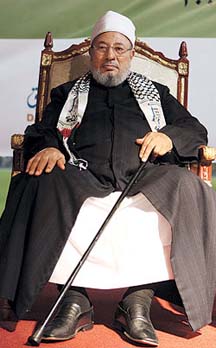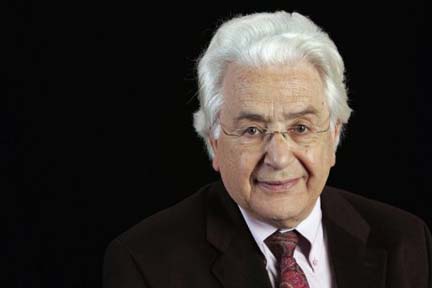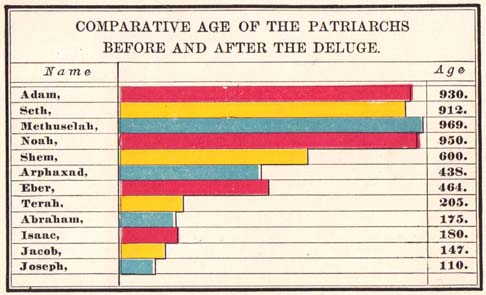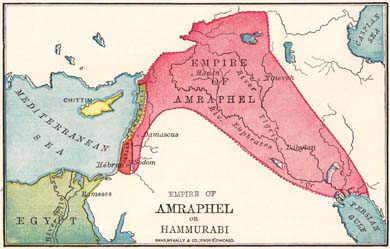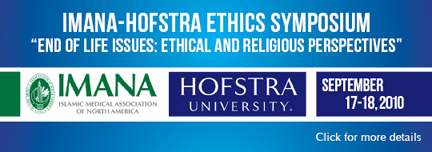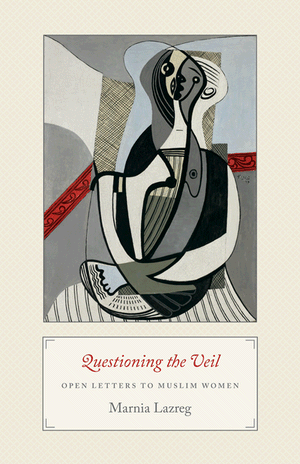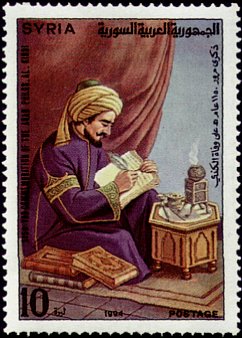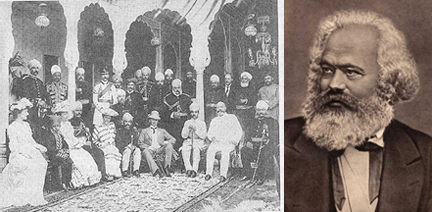
Lord Curzon in white, left; Karl Marx, right (for a change)
Of all the passages in Edward Said’s polemical Orientalism (1978), the one that most offended his natural allies on the left was placing Karl Marx in the den of Orientalist iniquity. What are “the sources of Marx’s conceptions about the Orient� For Said they are no different than the prejudice of Renan or Lord Curzon.
“These are Romantic and even messianic: as human material the Orient is less important than as an element in a Romantic redemptive project. Marx’s economic analyses are perfectly fitted thus to a standard Orientalist undertaking, even though Marx’s humanity, his sympathy for the mystery of people, are clearly engaged. Yet in the end it is the Romantic Orientalist vision that wins out, as Marx’s theoretic socio-economic views become submerged in this classically standard image…†(Said, Orientalism, 1979, p. 154)
The quote from Marx that follows, and supposedly damns him, is as follows:
“England has to fulfill a double mission in India: one destructive, the other regenerating – the annihilation of the Asiatic society, and the laying of the material foundations of Western society in Asia.â€
Said does not bother to note that the above quote is not take from the same article he quotes extensively earlier, although that is the impression given. Continue reading UnOrienting Marx
